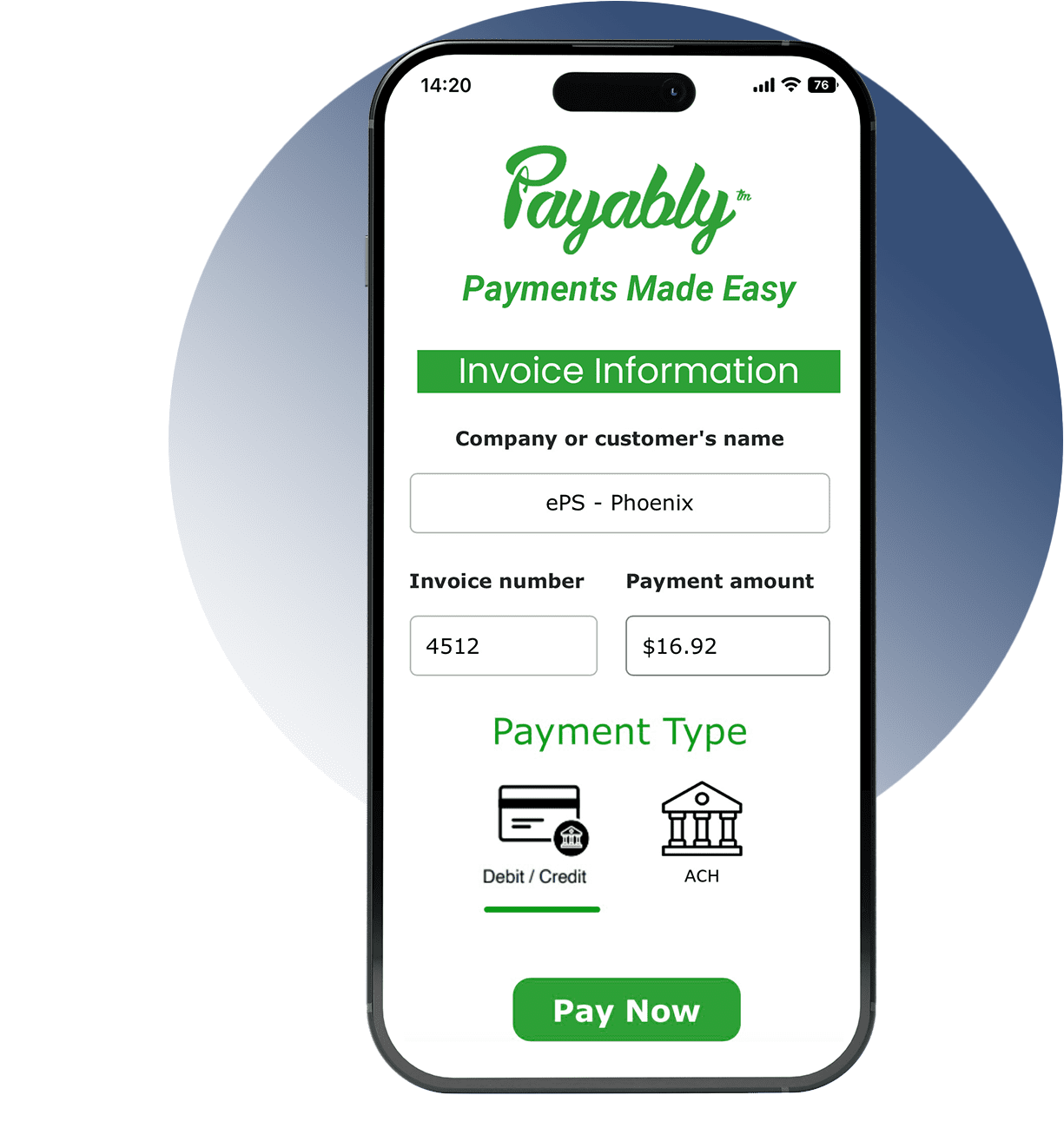What is credit card processing?
Hey there, business owners! Today, we’re diving deep into the world of credit card processing.

Hey there, business owners! Today, we’re diving deep into the world of credit card processing – the process that turns plastic into profit. It’s not just about a customer swiping a card at your store – it’s also for when customers buy things online or over the phone. Even though it might seem kinda boring, it’s actually really complicated and helps us pay for things without using cash. Let’s take a closer look at how it all works, who’s involved, and why it’s a big deal for small businesses like your shop.
** Remember Merchant means YOU – the business owner**
Here’s a quick preview of what we’ll be discussing:
- Understanding Credit Card Processing
- Authorization
- Batching
- Clearing and Settlement
- Funding
- Understanding Processing Fees
- Ramifications for SMBs
Understanding Credit Card Processing

Picture this: your customer walks into your store, picks up a shiny new gadget, and heads to the checkout counter. They whip out their credit card, swipe it through your terminal (or maybe tap it if they’re feeling fancy), and just like that, the transaction is complete. But what’s really happening behind the scenes?
Credit card processing is a combination of electronic communication and financial validation. When a customer swipes, taps, or inserts their card for a purchase, a series of intricate steps are set into motion:
Authorization
The initial step entails the merchant’s (the business owner) point-of-sale (POS) system or terminal communicating with the acquiring (merchant’s) bank to seek authorization for the transaction. This involves verifying the card details, confirming the availability of funds, and checking for any fraud alerts. The merchant bank seeks approval from the card issuer to make sure the funds are good to go.
Batching
Once authorized, transactions are batched together by the merchant’s POS system. Your customer’s transaction joins a batch of others, kind of like a digital convoy headed for the same destination – your bank account.
Clearing and Settlement
The acquiring bank sends the batched transactions to the appropriate card networks (e.g., Visa, Mastercard), which, in turn, route them to the issuing bank (the bank that issued the credit card to the customer). The issuing bank verifies the transactions and once everything checks out, the funds make their way back to your bank account – the acquiring bank.
Funding
Finally, the acquiring bank deposits the funds from the settled transactions into the merchant’s bank account, typically within a few business days. Here at Bristol Pay, you get your funding the next day.
Understanding Processing Fees

Central to the ecosystem of credit card processing are the processing fees, which encompass various charges incurred at different stages of the transaction lifecycle. These fees include:
Interchange Fees
Charged by the card networks, interchange fees are a percentage of the transaction value plus a flat fee. They are paid to the issuing bank as compensation for assuming the risk of extending credit to the cardholder. These are like the tolls you pay on the financial highway. They go to the card networks and the card issuer as compensation for keeping the transaction wheels turning.
Assessment Fees
Also levied by the card networks, assessment fees are based on the volume of transactions processed and contribute to network maintenance and development.Think of these as the membership dues for being part of the card network club. They help cover the costs of maintaining and improving the network infrastructure.
Acquiring Bank Fees
Acquiring banks impose their own fees for processing transactions on behalf of merchants. These may include authorization fees, batch fees, and monthly service charges. Your bank takes a cut for handling the processing on your behalf. It’s their way of saying, “Thanks for choosing us!”
Payment Processor Fees
If merchants engage the services of a third-party payment processor, they may incur additional fees for the convenience and technology provided. For example if you’re using a third-party processor (like PayPal or Square), they’ll charge their own fees for the convenience of their services. When you are a Bristol Pay member you don’t get charged a processing fee per transaction.
Ramifications for SMBs
The implications of credit card processing extend far beyond the realm of financial transactions, exerting a profound influence on SMBs operating in diverse sectors:
Retail: In brick-and-mortar establishments, efficient credit card processing can enhance customer satisfaction and streamline checkout experiences. However, high processing fees may erode profit margins, necessitating strategic pricing and cost management.
MOTO: For businesses engaged in mail order or telephone order sales, reliable processing mechanisms are indispensable for handling remote transactions securely. Effective fraud detection measures are crucial in this domain to mitigate risks.
E-commerce: In the digital arena, credit card processing forms the backbone of online transactions. SMBs must prioritize cybersecurity measures to safeguard sensitive customer data and build trust in their online platforms.
In conclusion, credit card processing embodies the fusion of technological innovation and financial infrastructure, underpinning the global economy’s seamless operation. By delving into its intricacies, SMBs can navigate this labyrinthine landscape with confidence, leveraging its potential to drive growth and prosperity in the digital age.


